Cognition
Cognition involves mental actions or processes such as attention, memory, reasoning, planning, and social cognition. Research into cognition in people with bipolar disorder has found small anomalies across a range of thought processes in some people, which interfere with the individual’s ability to function. Click on the links or the tabs below to access the information, or browse via the drop-down menu on the left.
Image: ©freshidea – Fotolia – stock.adobe.com

Attention
How is attention relevant in bipolar disorder? Aspects of attention can be affected in bipolar disorder. These include selective attention, which is the ability to focus on relevant stimuli and ignore irrelevant stimuli. Sustained attention is the ability to maintain a consistent focus. Selective and sustained attention involve ‘alerting’ (achieving and maintaining an alert state); ‘orienting’ (directing attention); and ‘executive control’ (choosing suitable responses). Several tasks have been developed to assess attention performance. The most common tasks include the Continuous Performance Test (CPT) that uses both visual and auditory stimuli and requires participants to respond to targets and ignore distractors….
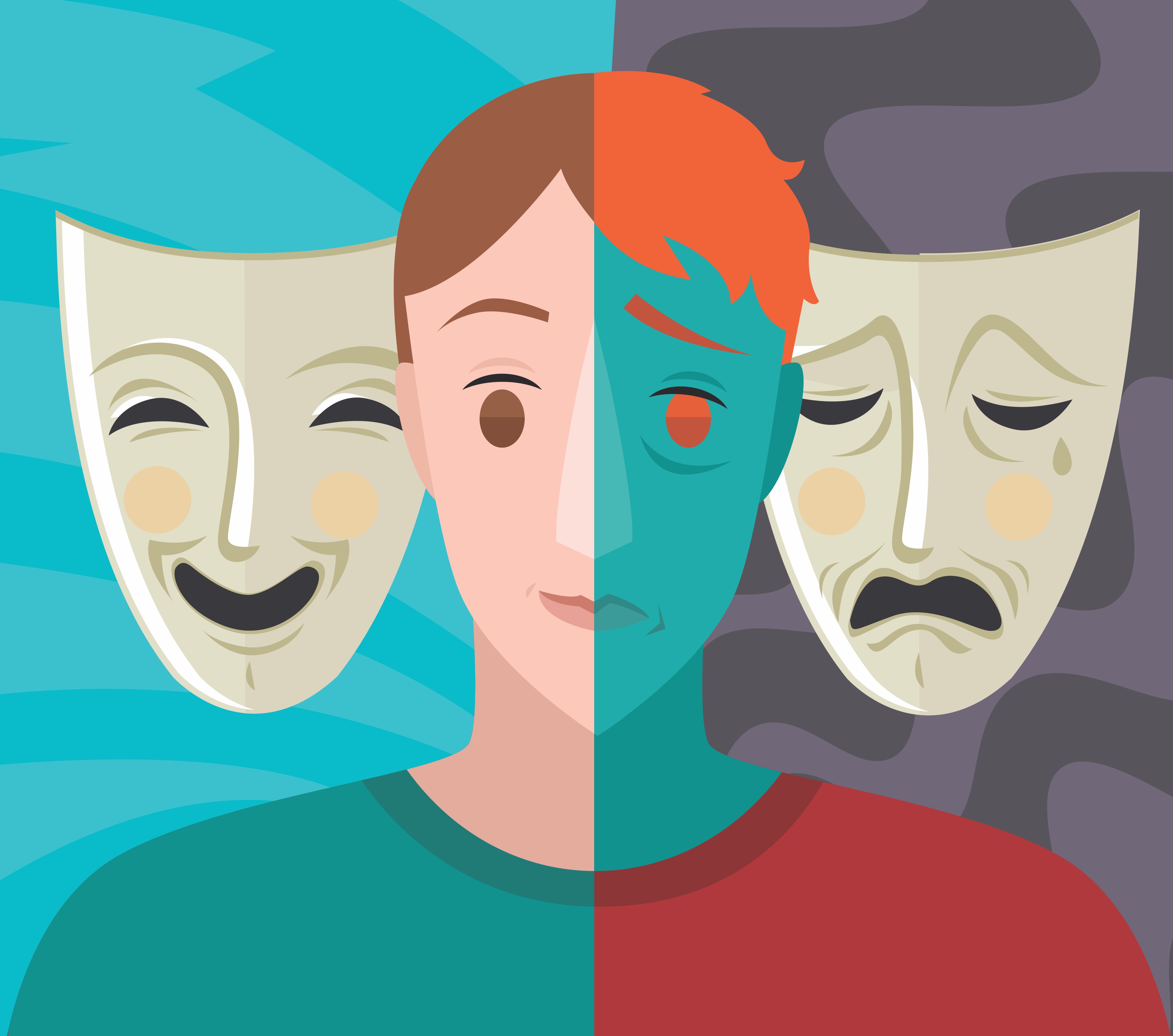
Cognition and bipolar disorder symptoms
What is the relationship between cognition and symptoms of bipolar disorder? Bipolar disorder is characterised by episodes of depression and mania, which can include psychosis. A major depressive episode is a period of at least two weeks in which a person has at least five of the following symptoms (including one of the first two): intense sadness or despair; feelings of helplessness, hopelessness or worthlessness; loss of interest in activities once enjoyed; feelings of guilt, restlessness or agitation; sleeping too little or too much; slowed speech or movements; changes in appetite; loss of energy; difficulty concentrating, remembering or making decisions;…

Cognition and bipolar disorder type
What is cognition and bipolar disorder type? Bipolar disorder is characterised by episodes of depression and mania. A major depressive episode is a period of at least two weeks in which a person has at least five of the following symptoms (including one of the first two): intense sadness or despair; feelings of helplessness, hopelessness or worthlessness; loss of interest in activities once enjoyed; feelings of guilt, restlessness or agitation; sleeping too little or too much; slowed speech or movements; changes in appetite; loss of energy; difficulty concentrating, remembering or making decisions; and/or thoughts of death or suicide. A manic…

Cognition and functioning
What is the relationship between cognition and functioning in bipolar disorder? Functional outcomes refer to aspects of general life and day-to-day functioning that may be impacted as a consequence of illness-related impairments. Impaired cognition may impact on such functional outcomes, and may vary across different cognitive domains and functional indicators. Interventions to improve cognitive impairments may have additional benefit for general functional outcomes. What is the evidence for the relationship between cognition and functional outcomes? High quality evidence suggests poor cognitive ability across multiple domains is associated with poor general functioning. Moderate to low quality evidence suggests a relationship between…
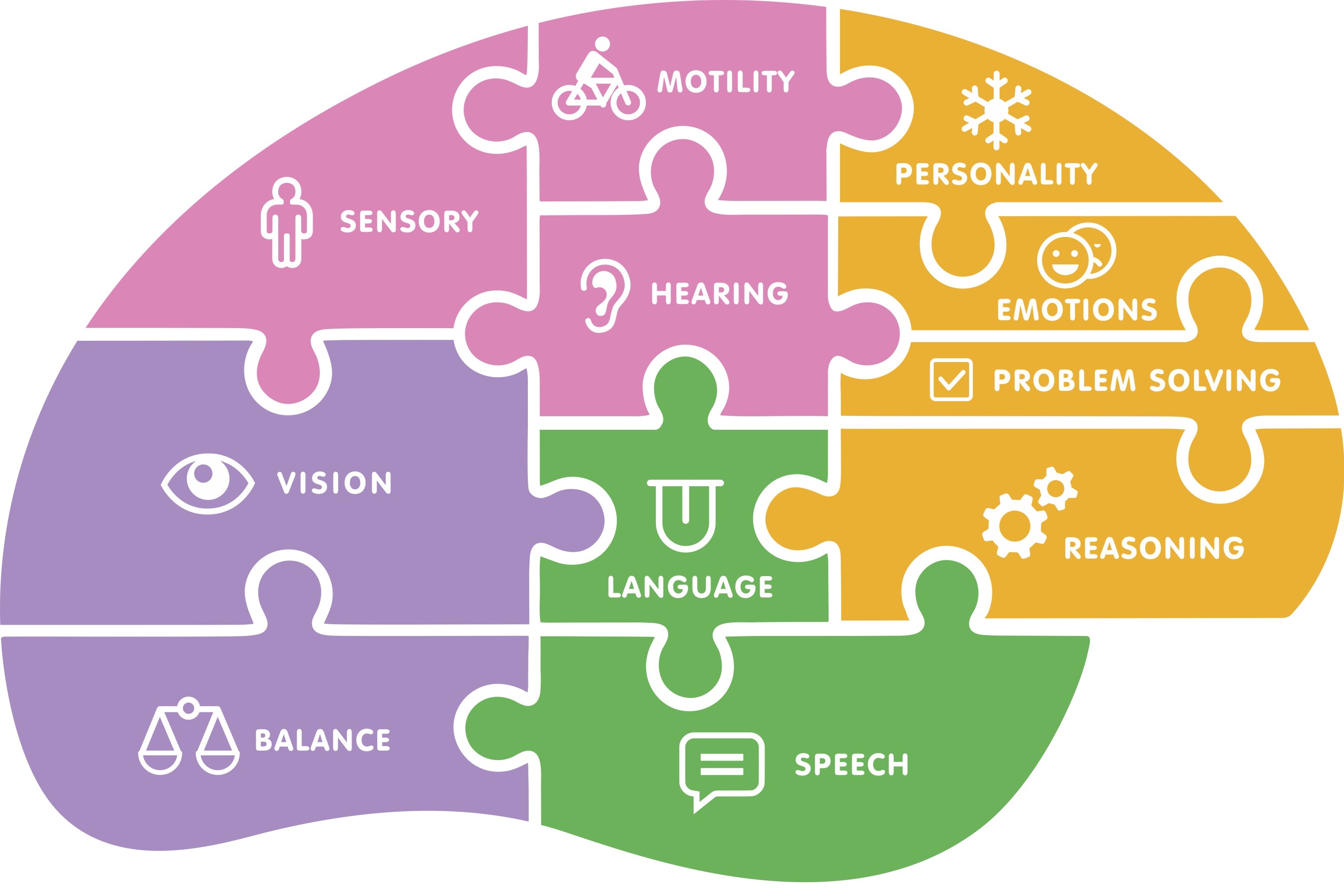
Cognition in bipolar disorder and major depression
What is cognition in bipolar disorder and major depression? Bipolar disorder is characterised by intermittent periods of mania and depression, while people with major depression do not experience mania. Mania involves elevated or irritable mood, which is often accompanied by inflated self-esteem or grandiosity, decreased need for sleep, distractibility, psychomotor agitation or excessive involvement in pleasurable activities. Manic episodes may involve psychotic symptoms including grandiose delusions. Depression is characterised by extended periods of sadness, a loss of interest in activities, loss of appetite, decreased energy, feelings of worthlessness, and difficulty concentrating. Suicidal thoughts may also be present. Neurocognitive deficits are…
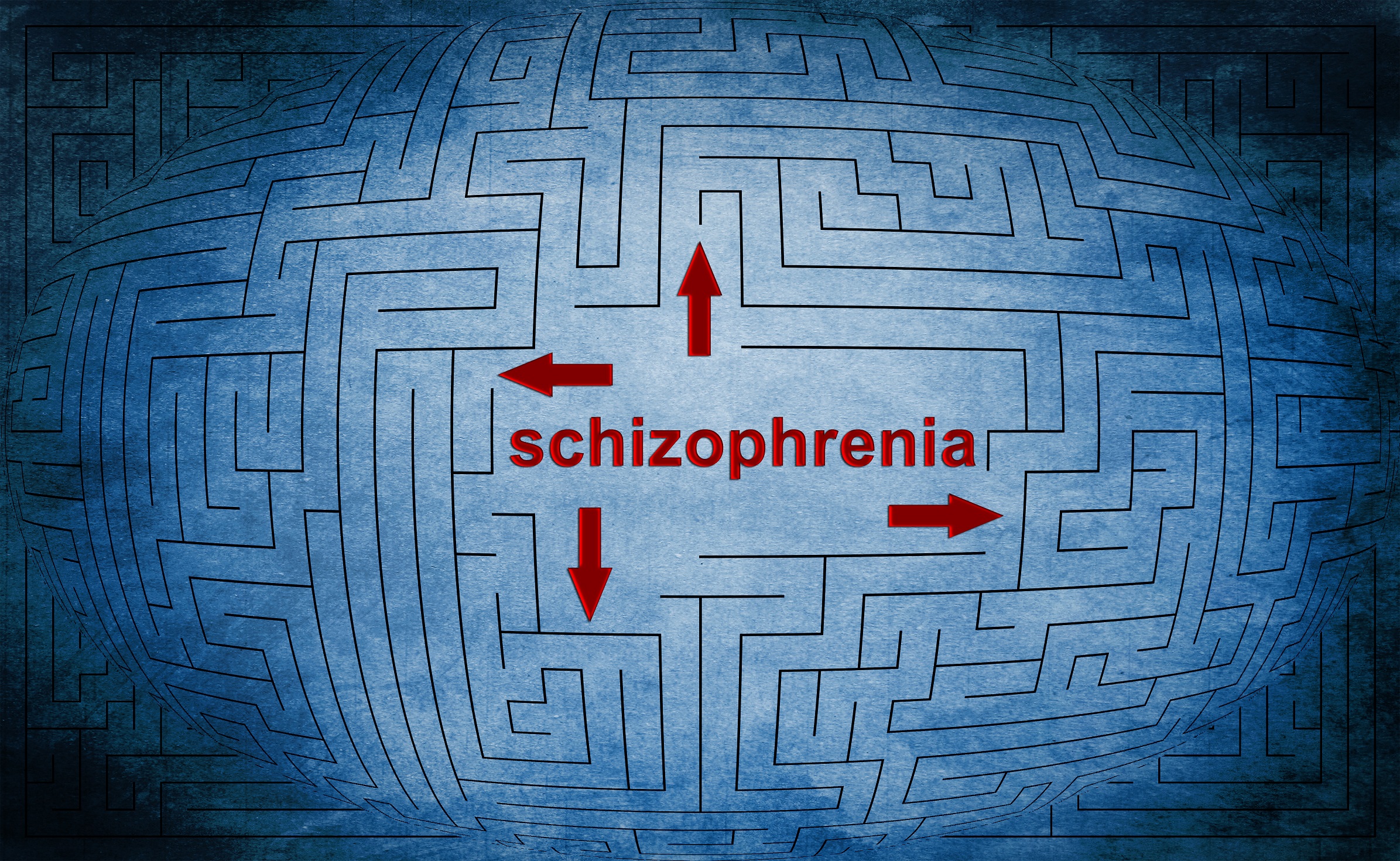
Cognition in bipolar disorder and schizophrenia
What is cognition in bipolar disorder and schizophrenia? Neurocognitive deficits are a core feature of both schizophrenia and bipolar disorder. People with either disorder may perform poorly on cognitive tasks assessing intelligence, memory, executive functioning, language, information processing and attention. Establishing differences in these cognitive domains may assist correct diagnosis and treatment of the two disorders. What is the evidence for cognition in bipolar disorder compared to schizophrenia? Moderate to high quality evidence found large effects of better overall cognition, attention, and social cognition, and medium-sized effects of better speed of processing, working memory, learning, reasoning, and problem solving in…

Cognition in children with bipolar disorder
What is cognition in children with bipolar disorder? Deficits across various cognitive domains are a common feature of bipolar disorder. These are strongly associated with difficulties in activities of daily living. Early age at onset of the illness is associated with more severe symptoms and poor prognosis than later age at onset. Identifying cognitive deficits in children contributes to the development of specific treatments and rehabilitation approaches. What is the evidence regarding cognition in children with bipolar disorder? Moderate quality evidence finds large impairments in global cognition, verbal and visual learning and memory, and working memory in youth with bipolar…
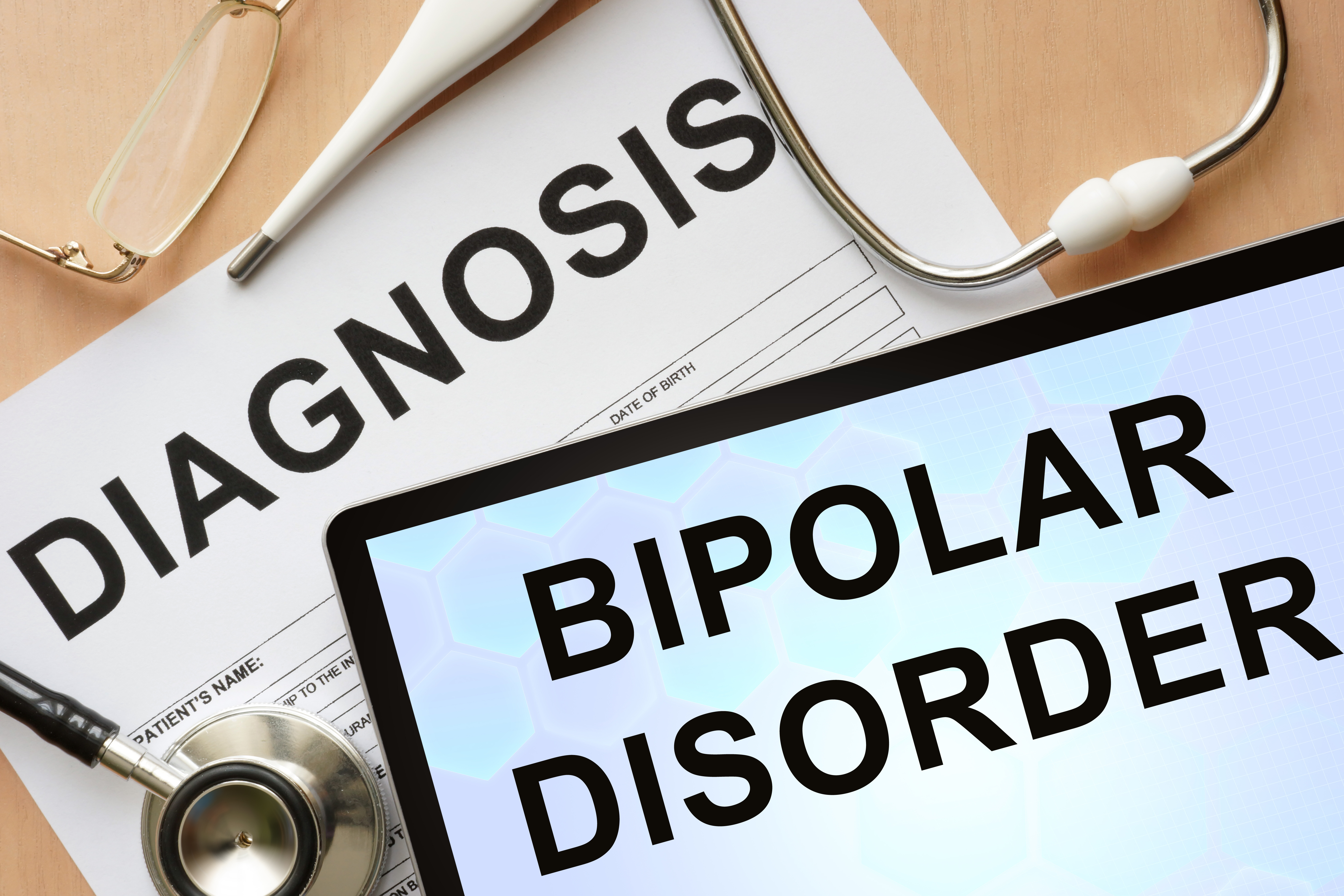
Cognition in first-episode bipolar disorder
What is cognition in first-episode bipolar disorder? Cognitive dysfunction is a common feature of bipolar disorder that exists across a number of cognitive domains and usually persists in remission. It is unclear whether cognitive deficits are apparent prior to the onset of bipolar disorder or whether they develop during the course of the illness. Assessing cognitive ability in people with a first-episode of bipolar disorder helps determine whether cognitive deficits were apparent prior to illness onset. What is the evidence for cognition in first-episode bipolar disorder? Compared to people without bipolar disorder (controls), high quality evidence shows medium-sized effects of…

Cognition in late-life bipolar disorder
What is cognition in elderly people with bipolar disorder? Cognitive deficits across various domains are a common feature of bipolar disorder, and are strongly related to persistent difficulties in activities of daily living. Such deficits may be more pronounced in people with bipolar disorder who are aged over 60 years than in younger patients. Identifying cognitive deficits in elderly people contributes to the development of specific treatments and rehabilitation approaches. What is the evidence for cognition in elderly people with bipolar disorder? Moderate to high quality evidence suggests a large effect of poorer executive functioning, and medium-sized effects of poorer…
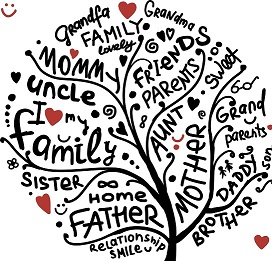
Cognition in relatives
What is cognition in relatives of people with bipolar disorder? Cognitive deficits have been reported in people with bipolar disorder that are present early in the course of the disorder and may be stable over time. Relatives of people with bipolar disorder may show attenuated signs of cognitive deficits. If cognitive deficits found in people with bipolar disorder are also found in their relatives, this may be suggestive of an underlying genetic basis. What is the evidence on cognition in relatives of people with bipolar disorder? High quality evidence shows small to medium-sized effects of poorer processing speed, verbal fluency,…

Decision making
What is decision making in bipolar disorder? Decision making involves using knowledge and experience to choose a course of action. A person’s ability to autonomously make decisions is referred to as their decisional capacity. Effective decision making increases the likelihood of a favourable outcome by selecting responses that avoid unfavourable or harmful outcomes. People with bipolar disorder may show altered decision making and impairments in their capacity to provide informed consent to treatment. People with impaired decisional capacity may not be able to understand information relating to the decision; appreciate the significance of the information and apply the information to…
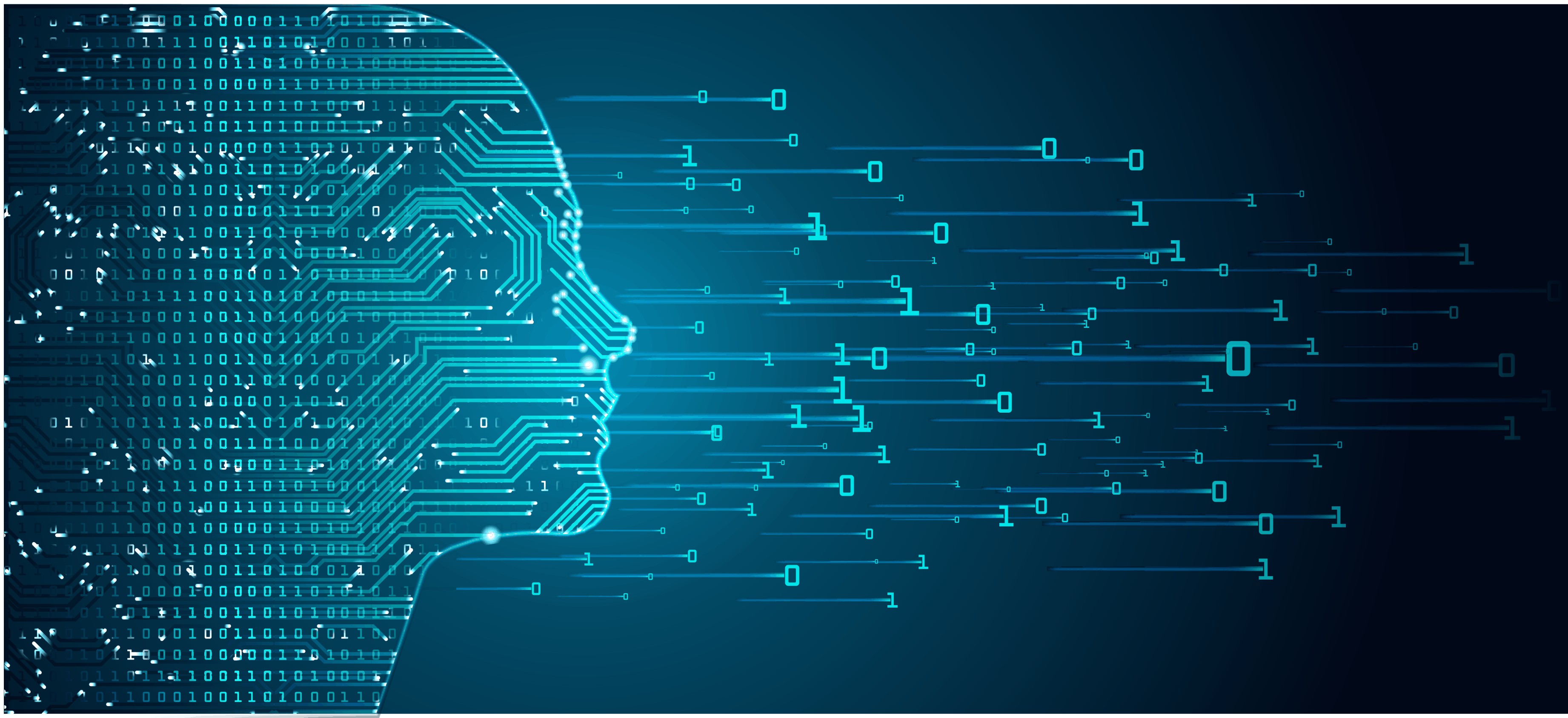
Episodic future thinking
What is episodic future thinking in bipolar disorder? Episodic future thinking may be disrupted in people with bipolar disorder. It involves the mental construction, imagination or simulation of possible future events. This involves planning, problem-solving, coping, regulation of emotional states, and goal-motivated behaviour. Episodic future thinking associated with positive expectations of future events can positively influence behavioural outcomes. Episodic future thinking can be measured in several ways. Structured tests involve presenting words, sentences, or pictures to which participants are asked to provide a related possible future event, with responses rated in terms of the number and specificity of episodic details…

Executive functioning
What is executive functioning in bipolar disorder? Executive functions are a group of cognitive processes including control, mental flexibility, planning, inhibition, decision-making, initiation, abstraction, self-monitoring and pursuit of goals. Executive functions are important in situations involving error correction and behaviour evaluation in response to environmental feedback Executive functioning is most commonly measured using the Wisconsin Card Sorting Task (WCST). This task requires the ability to shift cognitive sets. Study participants are told to match stimulus cards containing varying coloured shapes, based first on colour, then quantity, then design. The participant is then given additional cards and asked to match each…

Insight
What is insight in bipolar disorder? Insight is defined as the awareness of having a mental disorder. This includes having an understanding of the social consequences associated with the disorder; the need for treatment; effects of medication; awareness of the implications; and awareness of the signs and symptoms of the disorder. Insight increases adherence to treatment as patients who lack insight may not believe they need for medication. What is the evidence on insight in people with bipolar disorder? Moderate to high quality evidence finds people in an acute mania phase with psychotic features who had poor or no insight…

IQ and global cognition
What is IQ and global cognition in bipolar disorder? Intelligence quotient (IQ) is derived from standardised tests used to measure general cognitive functioning. IQ is most commonly measured using the Wechsler Adult Intelligence Scale (WAIS). The WAIS is designed to measure all aspects of cognitive functioning. It is divided into subtests measuring verbal comprehension and working memory and non-verbal perceptual organisation and processing speed. Other tests used to assess IQ include the Mini-Mental State Examination (MMSE), which assesses cognitive impairment; the National Adult Reading Test (NART), which assesses premorbid intelligence; the Wide Range Achievement Test (WRAT), which assesses both verbal…

Language
What is language ability in bipolar disorder? Language may be altered in people with bipolar disorder and may present in the form of disorganised speech. Tasks designed to assess language ability include; letter fluency tasks that assess the ability to generate words starting with a particular letter; and category fluency tasks that assess the ability to name words within a specified category. Working memory is needed for both letter and category fluency as participants must organise and retrieve relevant information. Other tests designed to assess language include: Boston Naming task; Wechsler Adult Intelligence Scale (WAIS) comprehension (including the subtest information,…

Learning
What is learning in bipolar disorder? Learning is the ability to acquire, or change, existing knowledge, behaviours or skills. There are two distinct forms of learning. Explicit (or declarative) learning occurs during a high level of consciousness regarding specific learnt content, for example, memorising information for an exam. Implicit (or procedural) learning is less conscious and refers to learning that is gained from task performance, for example, juggling. Explicit verbal learning can be measured with the Hopkins Verbal Learning test, the California Verbal Learning test and verbal list-learning, for example. The Brief Visuospatial memory test, the Rey design learning test,…

Memory
What is memory in bipolar disorder? Memory involves encoding, storage and retrieval of information. Short-term memory is the ability to remember information after several seconds or minutes; and long-term memory is the ability to remember information over a longer duration. Working memory involves information being temporarily held as well as manipulated. Semantic memory is memory for general facts, episodic memory is memory for personal events, prospective memory is memory for future actions, and retrospective memory is memory for past events. Most memory tasks assess retrospective memory by measuring recall and recognition. What is the evidence regarding memory in people with…
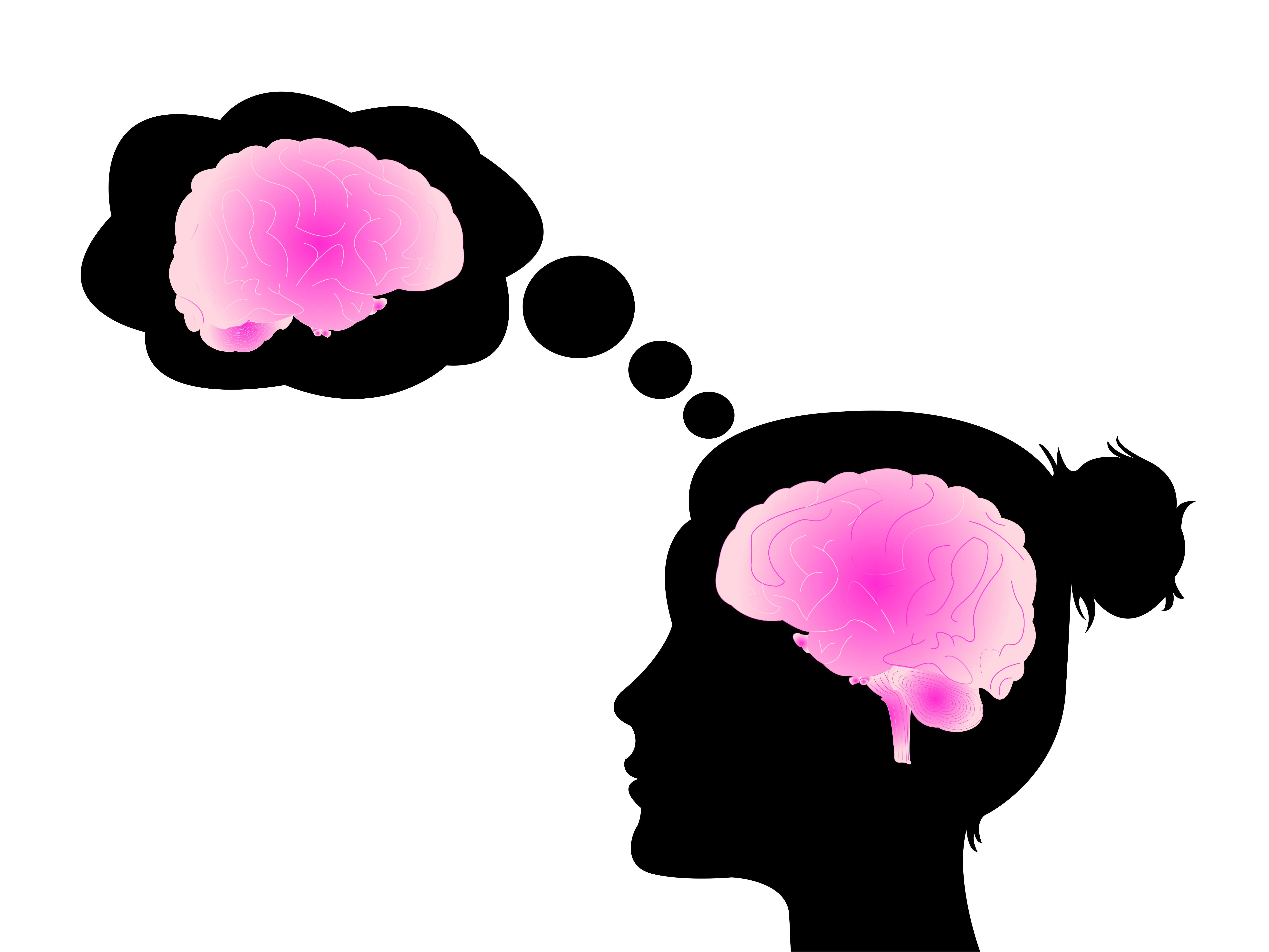
Metacognition
We have not found any systematic reviews on this topic that meet the Library’s inclusion criteria. Pending enough primary studies, we invite reviews on this topic to be conducted. Alternatively, we will endeavour to conduct our own review to fill this gap in the Library. October 2021 Image: ©Heather – stock.adobe.com
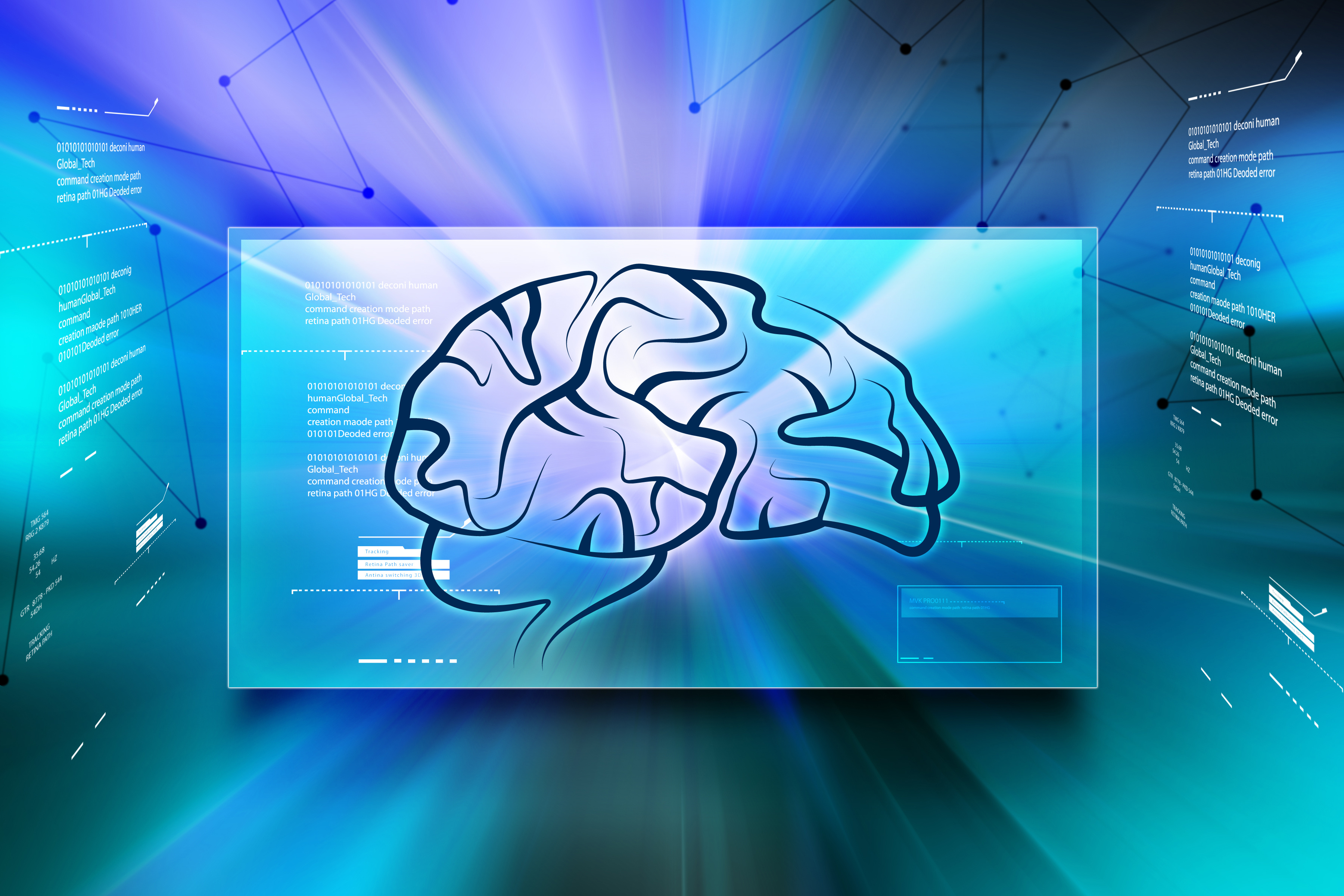
Processing speed
What is processing speed in bipolar disorder? Processing speed is the time it takes a person to do a mental task; the time between receiving and responding to a stimulus. Slow processing speed is not necessarily related to intelligence, but may interfere with other cognitive tasks such as planning, setting goals, making decisions, and paying attention. What is the evidence on processing speed in people with bipolar disorder? Moderate to high quality evidence shows a large effect of slower processing speed in people with the disorder compared to controls without the disorder. The effect in first-episode patients was medium-sized. There…

Reasoning and problem solving
What is reasoning and problem solving in bipolar disorder? Reasoning refers to the ability to logically gather information to solve problems and form conclusions. Reasoning bias may affect problem solving skills and is measured in three ways: ‘jumping to conclusions’ (JTC); ‘belief inflexibility’; and an ‘externalising attribution style’. JTC can be measured with the Bead task that presents participants with two jars containing different ratios of coloured beads (eg. 80 red: 20 blue). Beads are drawn from one of the jars, and based on the string of coloured beads drawn, participants must guess which jar they were drawn from. Within…
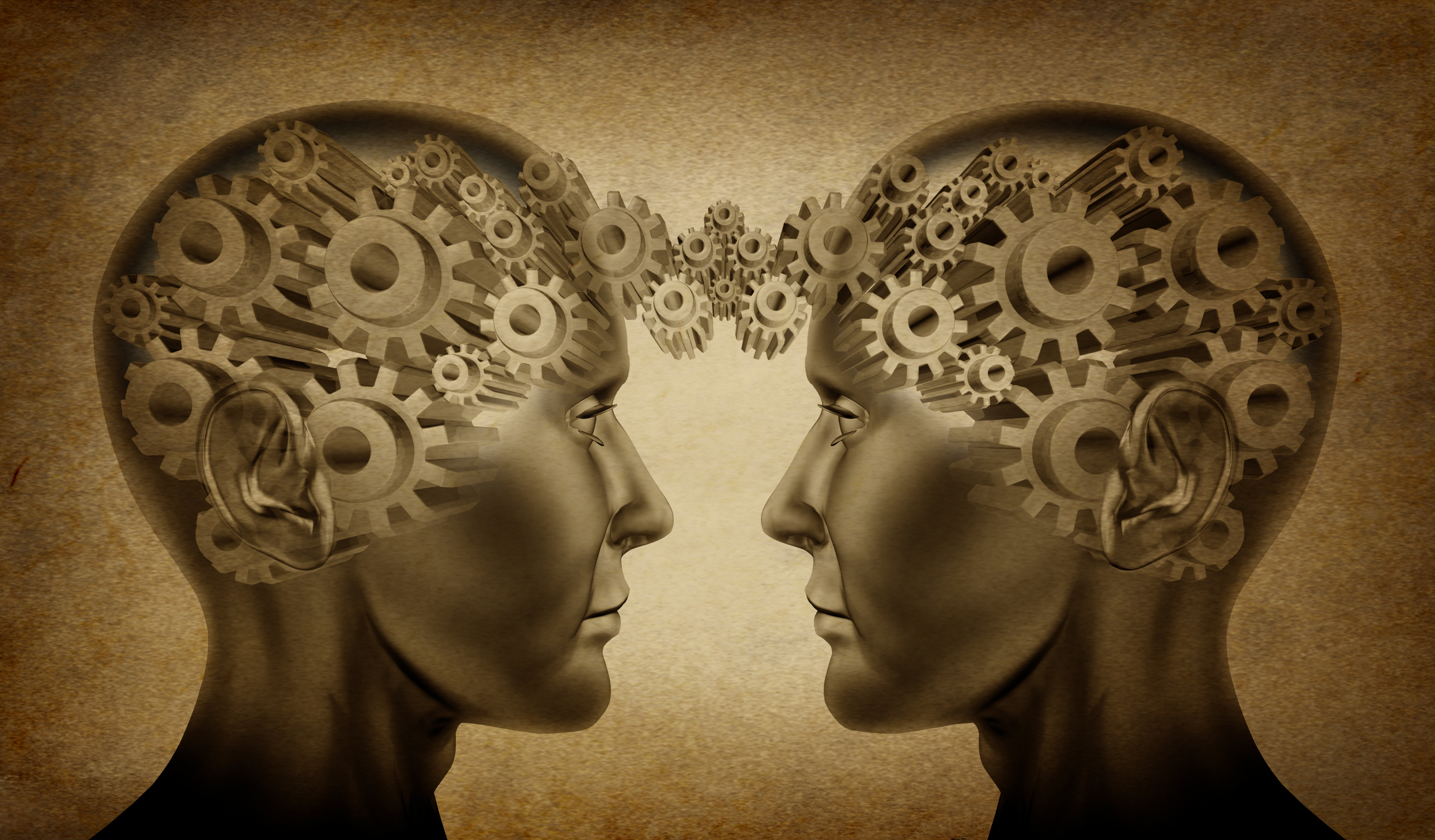
Social cognition
What is social cognition in bipolar disorder? Social cognition describes the ability to understand the actions and intentions of other people. These include processes such as Theory of Mind, social perception, and emotion processing. Theory of Mind refers to the ability to infer the mental states of other people. Social perception is an awareness of social cues and norms that dictate social interactions. Emotion processing is the ability to perceive emotional cues, including the emotional content of facial expressions or vocal inflections (prosody). Social cognition is crucial for effective communication and relates to social competence and may predict work functioning….

Visuospatial ability
What is visuospatial ability in bipolar disorder? Visuospatial ability refers to a person’s capacity to identify visual and spatial relationships among objects. Visuospatial ability is measured in terms of the ability to imagine objects, to make global shapes by locating small components, or to understand the differences and similarities between objects. Several tests have been designed to assess visuospatial ability. The Weschler Adult Intelligence Scale (WAIS) block-design subtest requires subjects to use small blocks to recreate a larger block pattern. The WAIS picture arrangement subtest assesses perceptual skills and involves study participants placing pictures in a logical order. The WAIS…
Green - Topic summary is available.
Orange - Topic summary is being compiled.
Red - Topic summary has no current systematic review available.
